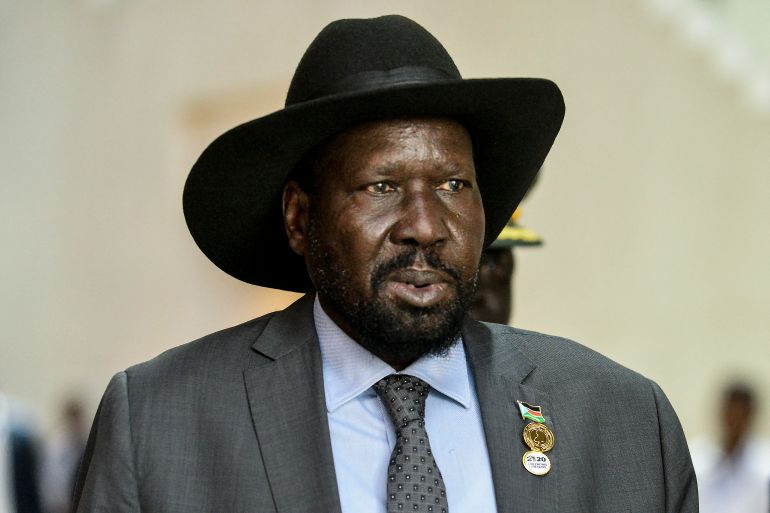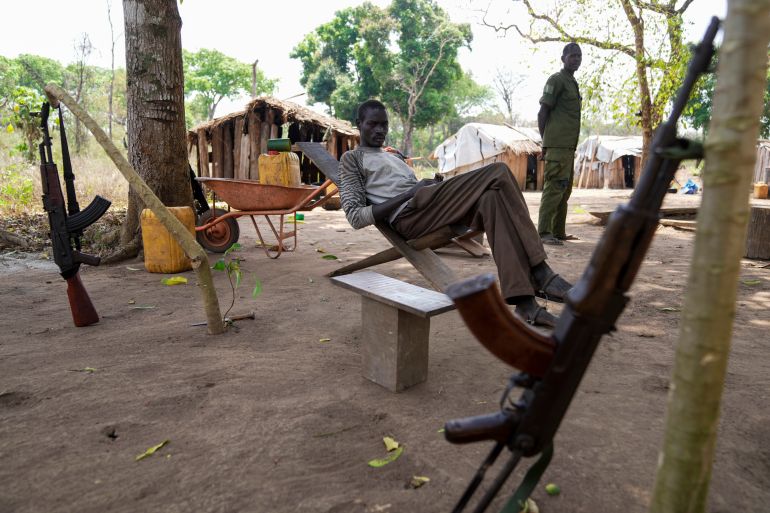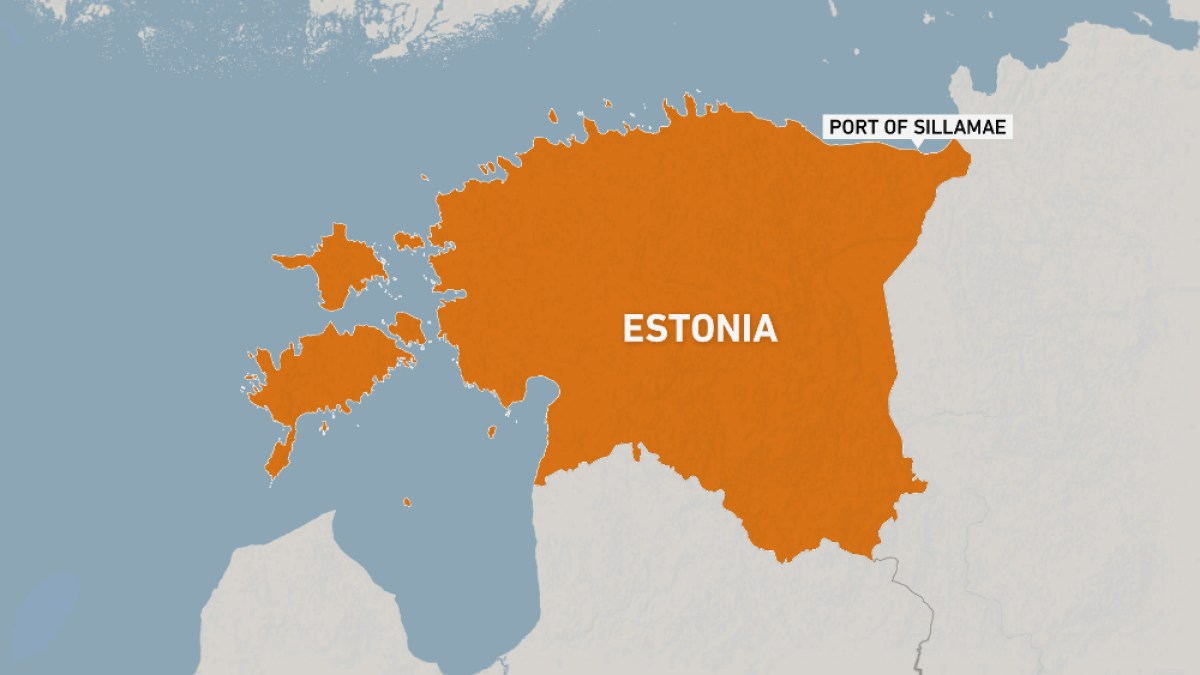South Sudan on edge as Sudan’s war threatens vital oil industry | Sudan war News
South Sudan relies on oil for more than 90 percent of its government revenues, and the country depends entirely on Sudan to export the precious resource.
But this month, Sudan’s army-backed government said it was preparing to shut down the facilities that its southern neighbour uses to export its oil, according to an official government letter seen by Al Jazeera.
That decision could collapse South Sudan’s economy and drag it directly into Sudan’s intractable civil war between the army and paramilitary Rapid Support Forces (RSF), experts warned.
The announcement was made on May 9 after the RSF launched suicide drones for six consecutive days at Port Sudan, the army’s wartime capital on the strategic Red Sea coast.
The strikes destroyed a fuel depot and damaged electricity grids, shattering the sense of security in the city, which lies far from the country’s front lines.
Sudan’s army claims the damage now hampers it from exporting South Sudan’s oil.
“The announcement read like a desperate plea [to South Sudan] for help to stop these [RSF] attacks,” said Alan Boswell, an expert on the Horn of Africa with the International Crisis Group.
“But I think doing so overestimates the leverage that South Sudan has … over the RSF,” he added.

Predatory economics
Since South Sudan gained independence from Sudan in 2011, the former has relied on the latter to export its oil via Port Sudan.
In return, Sudan has collected fees from Juba as part of their 2005 peace agreement, which ended the 22-year north-south civil war and ultimately led to the secession of South Sudan from Sudan.
When Sudan erupted into another civil war between the army and RSF in 2023, the former continued collecting the fees from Juba.
“[Sudan and South Sudan] are tied at the hip financially due to the oil export infrastructure,” Boswell told Al Jazeera.
Local media have recently reported that high-level officials from South Sudan and Sudan are engaged in talks to avert a shutdown of oil exports.
Al Jazeera sent written questions to Port Sudan’s energy and petroleum minister, Mohieddein Naiem Mohamed, asking if the army is negotiating higher rent fees from South Sudan before resuming oil exports, which some experts suspected to be a likely scenario.
Naiem Mohamed did not respond before publication.
According to the International Crisis Group, Juba also pays off the RSF to not damage oil pipelines that run through territory under its control.
In addition, South Sudan has allowed the RSF to operate in villages along the Sudan-South Sudan border.
The RSF has increased its presence along the sprawling, porous border after forming a strategic alliance with the Sudan People’s Liberation Movement – North (SPLM-N) in February.
The SPLM-N fought alongside secessionist forces against Sudan’s army. It controls swaths of territory in Sudan’s South Kordofan and Blue Nile regions and has historically close ties with Juba.
South Sudan’s relationship with the SPLM-N and RSF has increasingly frustrated Sudan’s army, said Edmund Yakani, a South Sudanese civil society leader and commentator.
“[Sudan’s army] is suspicious that Juba is helping RSF in its military capability and political space to manoeuvre its struggle against Sudan’s army,” Yakani told Al Jazeera.
House of cards
According to a report by the International Crisis Group from 2021, about 60 percent of South Sudan’s oil profits go to the multinational companies producing the oil.
The report explained that most of the remaining 40 percent goes to paying off outstanding loans and to South Sudan’s ruling elites in the bloated security sector and bureaucracy.
South Sudan’s president, Salva Kiir, will likely not be able to keep his patronage network together without a quick resumption in oil revenue.
His fragile government – a coalition of longtime loyalists and coopted opponents – could collapse like a house of cards, experts warned.
Al Jazeera emailed written questions to South Sudan’s Ministry of Foreign Affairs and International Cooperation to ask if the country has any contingency plan in case oil exports stop indefinitely. The ministry did not respond before publication.
Experts warned that South Sudan has no alternative to oil.

Security personnel and civil servants are already owed months of back pay, and they may turn against Kiir – and each other – if they have no incentive to uphold the fragile peace agreement that ended South Sudan’s own five-year civil war in 2018.
“Kiir is on extremely fragile footing, and there is no backup plan for when the oil runs out,” said Matthew Benson, a scholar on Sudan and South Sudan at the London School of Economics.
A halt in oil revenue would also drive up inflation, exacerbating the daily struggles of millions of civilians.
The World Food Programme estimated that about 60 percent of the population is experiencing acute food shortages while the World Bank found that nearly 80 percent live below the poverty line.
The hardship and pervasive corruption have given way to a predatory economy in which armed groups erect checkpoints to shake down civilians for bribes and taxes.
Civilians will likely be unable to cough up any more money if the oil revenue dries up.
“I’m not sure people can be squeezed more than they already are,” Benson said.
Proxy war?
Some commentators and activists also fear that Sudan’s army is deliberately turning off the oil to force South Sudan to cut off all contact with the RSF and SPLM-N.
This speculation is fuelling some resentment among civilians in South Sudan, according to Yakani.
Meanwhile, some supporters of Sudan’s army argued that South Sudan should not benefit from oil as long as it provides any degree of support to the RSF, which they view as a militia waging a rebellion against the state.
Both the RSF and army have recruited South Sudanese mercenaries to fight on their behalf, Al Jazeera previously reported.
“What Port Sudan [the army] wants is for Juba to absolutely distance itself from aiding the RSF in any way, and that is the complication that the government of [Kiir] is in now,” Yakani told Al Jazeera.
“The majority of citizens of South Sudan – including myself – believe that South Sudan is becoming a land of proxy wars for Sudan’s warring parties and their [regional] allies,” he added.
Sudan’s army also believes that South Sudan’s government is relying increasingly on the RSF’s regional backers to buttress its own security.
Sudan’s army leaders were particularly spooked when Uganda, which it views as supporting the RSF, deployed troops to prop up Kiir in March, according to Boswell.
In addition, Sudan’s army has repeatedly accused the United Arab Emirates of arming the RSF.
The UAE has repeatedly denied these allegations, which United Nations experts and Amnesty International have also made.
“The UAE has already made absolutely clear that it is not providing any support or supplies to either of two belligerent warring parties in Sudan,” the UAE’s Ministry of Foreign Affairs previously told Al Jazeera in an email.
Despite tensions between Sudan’s army and the UAE, analysts said Juba may request a large loan from the UAE to keep its patronage intact if Sudan’s army does not promptly resume oil exports.
“[Sudan’s army] has been worrying and watching closely over whether the UAE might loan South Sudan a significant amount of money,” Boswell said.
“I think a massive UAE loan to South Sudan would be … a red line for Sudan’s army”, he added.




